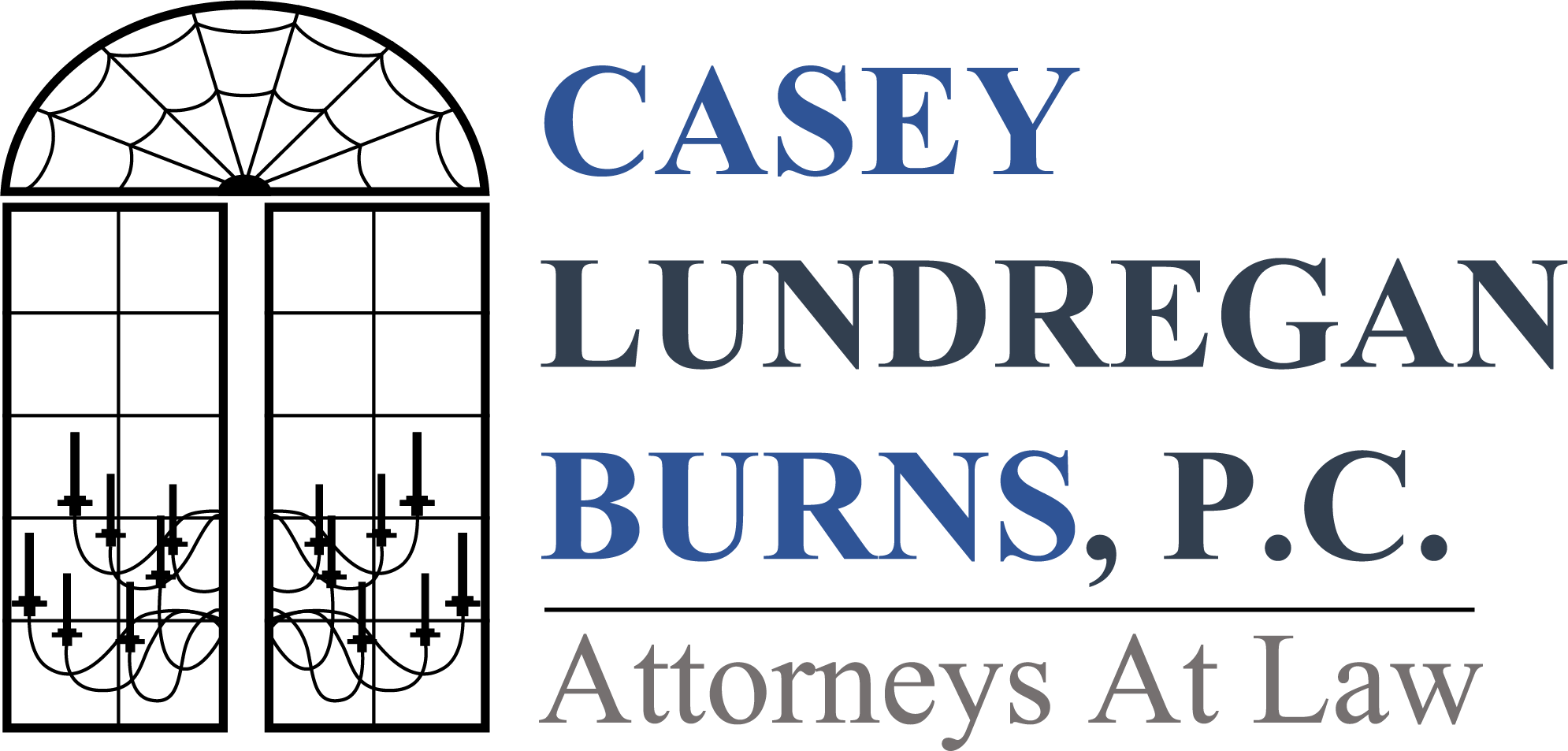Even the most carefully written estate plans can lead to disputes when something does not sit right with a beneficiary. At Casey Lundregan Burns, P.C., we have spent more than 90 years helping Massachusetts families handle estate challenges with clarity and care.
One common concern is the no-contest clause, also known as an in terrorem clause, which can threaten to disinherit anyone who challenges a will. Whether you are considering a contest or have included such a clause in your plan, it is important to understand how these provisions work under Massachusetts law before moving forward.
Enforceability of No-Contest Clauses in Massachusetts
A no-contest clause is generally enforceable under Massachusetts law, yet courts read the language closely. The Appeals Court reaffirmed this approach in 2024, in the Matter of the Estate of William F. McLoughlin, 104 Mass. App. Ct. 752 (2024), where a clear clause passed muster.
For a clause to stand, it must be written in unmistakable terms. Vague threats or broad statements are often trimmed down or even ignored. Courts also look at fairness: if the clause feels overly punishing or clashes with public policy, the judge may refuse to apply it.
Because of this narrow reading, many disputes focus on whether the challenged action truly falls inside the clause. That question sets the stage for careful legal analysis rather than quick answers.
Grounds for Contesting a Will Despite a No-Contest Clause
A beneficiary might still bring a challenge, but solid proof is vital. The risk is clear: lose the case and you may lose every dollar promised. The most common grounds include the following:
Lack of Testamentary Capacity
The testator must understand the nature of their property, the people who would normally share in it, and the effect of signing the will. Severe dementia or late-stage Alzheimer’s often raises red flags about capacity.
Undue Influence
This claim alleges that a person in a position of trust manipulated the testator’s free will. A caretaker, new companion, or even an adult child could be accused of pressuring the signer to shift assets unfairly.
Fraud
Fraud involves trickery or deceit, such as swapping pages or slipping a different document in front of the testator. If proven, the entire instrument may be deemed illegitimate.
Improper Execution
Massachusetts law demands that a will be in writing, signed by the testator, and witnessed by two credible witnesses who also sign in the testator’s presence. Not following this statutes risks the credibility of the document.
Because each ground relies on facts, a potential contestant should gather records, medical notes, and witness statements before filing. A thin case rarely survives, and the penalty can be harsh.
What Actions Could Trigger a No-Contest Clause?
The wording of the clause controls, so reading it line by line is the only safe route. Still, some patterns have emerged that help beneficiaries gauge their risk.
| Action | Typical Result | Reasoning |
| Filing a lawsuit claiming undue influence | High chance of trigger | Directly questions the will’s validity |
| Requesting an accounting of estate assets | Moderate | Depends on clause language; may be seen as administrative, not hostile |
| Submitting an affidavit as a witness | Low | The McLoughlin case held that testimony alone did not invoke the clause |
| Seeking clarification of ambiguous terms | Variable | If the clause only bars contests to validity, a clarification motion may be safe |
Reading the table shows that direct attacks on the document itself are the most dangerous. Requests that merely help the estate run smoothly often slip through, yet the only sure answer comes from the exact words in the clause.
Considerations Before Contesting a Will
Before stepping into court, weigh both the strength of your case and the possible fallout. Ask yourself:
- Do I have documents or witnesses that clearly back my claim?
- What portion of the estate could I lose if the case fails?
- Are there other assets passing by a trust or beneficiary form that may offset a loss?
- Would a declaratory judgment action give me clarity without triggering the clause?
A brief meeting with counsel can help sort these points and reveal hidden angles. Sometimes, a well-timed request for more information, filed correctly, can protect both your inheritance and your peace of mind.
Safeguarding Your Estate Plan
Testators who wish to prevent fights can take simple steps while still keeping fairness in view.
- Write the clause in plain language and carve out an exception for contests brought in good faith with probable cause.
- Talk with heirs about the plan so surprises are less likely.
- Keep dated notes, medical letters, or video messages that show you acted with a clear mind.
- Place a neutral fiduciary or corporate trustee in charge of distributions to avoid sibling rivalry.
- Add a short letter of intent that explains why certain gifts differ: clarity often prevents resentment.
Each of these steps costs little compared with the price of a court battle and can preserve family harmony long after you are gone.
Need Assistance with Will Contests or Estate Planning? Contact Casey Lundregan Burns, P.C.
For three generations, our firm has stood beside Massachusetts residents facing tough inheritance questions. Whether you are eyeing a potential contest or drafting a will that must hold up under scrutiny, we know the local courts and rules that shape these outcomes. Reach out by phone at 978-878-3519 or send us a note through our Contact Us page. Let us talk through your goals, weigh the risks, and build a plan that keeps your family’s future on solid ground.
The information in this post is not intended as legal advice or as a substitute for the particularized advice of counsel. For more information, please consult an attorney.
